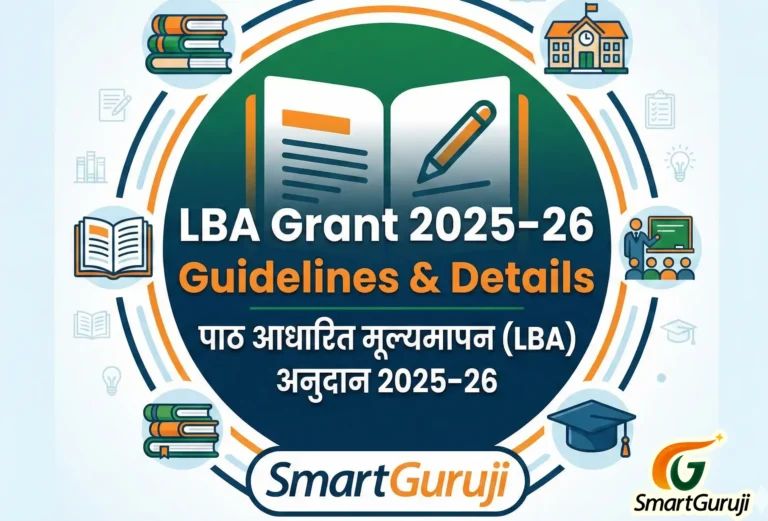State – Karnataka
State Syllabus
Sub. – English (TL)
Class – 9th
Textbook Solutions
POETRY
6.A CLEVER THIEF
COMPREHENSION :
C1. Answer the following questions in one or two sentences
each :
1. What suggestion did Nagappa give Rajappa to keep his money safe?
Ans. – Nagappa suggested that Rajappa should bury his money beneath the banyan tree to keep it safe.
2. When did Rajappa realize that his money was stolen?
Ans.- Rajappa realized that his money was stolen when he returned from his pilgrimage and found the coins missing from where he had buried them.
3. “Do as I tell you.”
a. Who does ‘I’ refer to?
Ans.- ‘I’ refers to the village chief.
b. Who was this said to?
Ans.- This was said to Rajappa.
c. When was this said?
Ans.- This was said after Rajappa reported the stolen money to the village chief.
4. How did the stolen money return to its hidden place?
Ans.- The stolen money returned to its hidden place because Rajappa borrowed it from Nagappa and planned to put it back.
5. Why did Nagappa grow impatient with Rajappa? What
did he do?
Ans.- Nagappa grew impatient with Rajappa because he expected Rajappa to check on his buried money and was worried about being caught.
C2. Answer the following questions in three or four
sentences :
1. What kind of people were Nagappa and Rajappa?
Ans.- Nagappa was a miser, and Rajappa was a generous person. They were close friends despite their differing personalities.
2. What was Rajappa’s reply to Nagappa?
Ans.- When Nagappa asked Rajappa to bury his money, Rajappa replied that he might spend it and wouldn’t be able to return it, so he needed a different solution.
3. Did Rajappa succeed in teaching his friend a good
lesson? How?
Ans.- Yes, Rajappa succeeded in teaching his friend a lesson. He used a clever plan to make Nagappa believe that he was burying more money under the tree, and in doing so, he made Nagappa reveal his theft.
VOCABULARY :
V1. Pick out the opposites of the given words from the
lesson :
foolish
thin
slow
enemy
Ans.-
– foolish: wise
– thin: thick
– slow: fast
– enemy: friend
V2. Give the opposites for the following words using their
prefixes :
fortunate
happy
regular
use
definite
like
agree
Ans.-
– fortunate: unfortunate
– happy: unhappy
– regular: irregular
– use: disuse
– definite: indefinite
– like: dislike
– agree: disagree
V3. Make as many words as possible from the words given
below :
1) impatiently: pit, dirt, paint, impact
2) intelligent: gentile, gentle, agent
3) pilgrimage: grim, image, mileage
4) ornaments: mentor, stone, rent
LANGUAGE :
L1. Here is a small passage. Observe the use of articles ‘a’,
‘an’ and ‘the’ here :
There was a lake. The lake was dry. A thirsty crow and an
elephant came that way. The crow and the elephant were very
sad to see the dry lake. The elephant knew a magician who would
help them. So, the crow and the elephant went to the magician
and asked his help. The magician did some magic and asked
them to go to the lake. When the elephant and the crow returned
to the lake, the lake was full of water. The elephant and the crow
were very happy.
‘a/an’ is used before singular nouns.
‘an’ is used before countable nouns which begin with vowel
sounds.
e.g. an elephant, an orange, an umbrella, an intelligent girl
etc.
‘a’ is used before all countable nouns beginning with consonant
sounds.
e.g. a girl, a hat, a school, a tree etc.
‘the’ is used when we talk about something specifically. We use
‘the’ with both singular or plural nouns.
the moon, the girls, the flowers, the tree etc.
i) Correct the following sentences :
1) Harini is a intelligent girl.
Ans.- Harini is an intelligent girl.
2) A moon is like a smiling child.
Ans.- The moon is like a smiling child.
3) My mother bought me a umbrella.
Ans.- My mother bought me an umbrella.
4) My father is an lawyer.
My father is a lawyer.
L2. i) Observe the changes made in the following
sentences.
a) The girl brought a pen. (active voice)
b) A pen was brought by the girl. (passive voice)
ii) Change the sentences given below in the same
pattern :
1) My father bought a new dress.
Ans.- A new dress was bought by my father.
2) The teacher taught a poem.
Ans.- A poem was taught by the teacher.
3) Mother called the baby.
Ans.- The baby was called by mother.
4) Rajappa suspected Nagappa.
Ans.- Nagappa was suspected by Rajappa.
5) The child coloured the picture.
Ans.- The picture was colored by the child.
WRITING :
A. Discuss with your friend and make a list of qualities of a
good friend :
e.g. A good friend is trustworthy.
a. A good friend is loyal.
b. A good friend is supportive.
c. A good friend is a good listener.
d. A good friend is caring.
DICTIONARY WORK :
Refer to a dictionary and find the meaning of the given
phrases. Use the phrases in your own sentences :
in front of –
Ans.- “In front of” means in a position or location that is ahead of or before something.
in between-
Ans.- “In between” means in a position or location that is situated between two things or objects.
give up –
Ans.- “Give up” means to stop trying or surrender.
in search of-
Ans.- “In search of” means looking for or seeking something.





